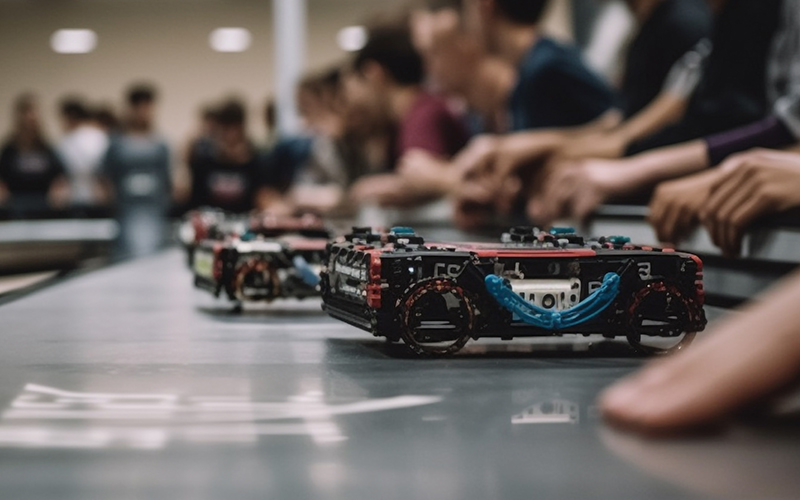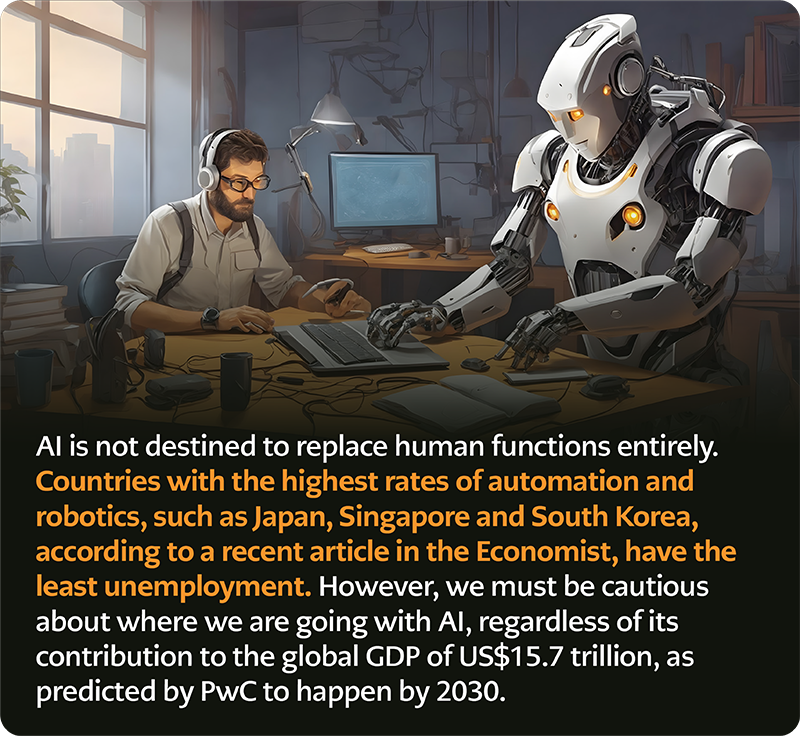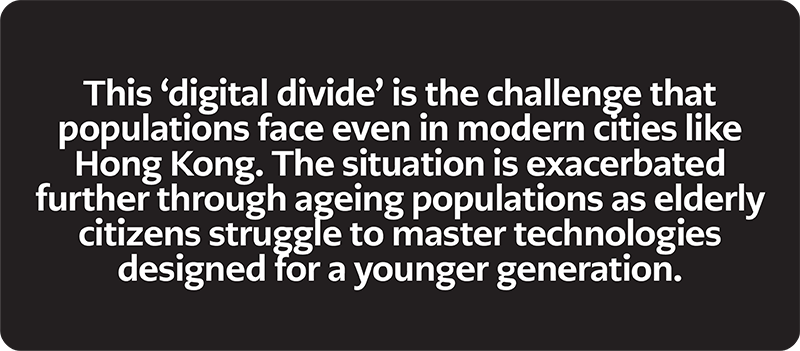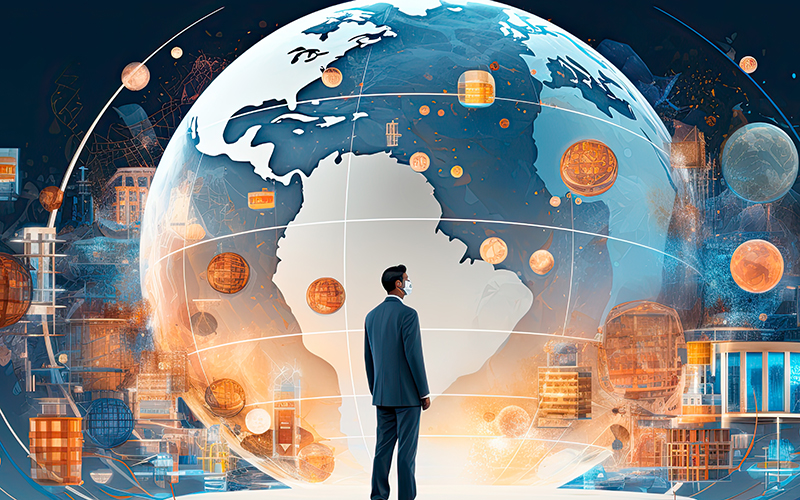The Challenges and Benefits of Artificial Intelligence
The adoption of AI presents both the promise of enhanced efficiency and innovation and the challenge of addressing ethical concerns and human values

Countries with the highest rates of automation and robotics, such as Japan, Singapore and South Korea, have the least unemployment issue.
AI or Artificial Intelligence is in the headlines for possibly the wrong reasons. Concerns about replacing humans with machines abound, together with the possibility of false information being generated by computers. It is worth bearing in mind AI pioneer Stuart Russell's principles of human-compatible AI: a robot's only objective is to maximise the realisation of human values; the robot is initially uncertain about what those values are, and human behaviour provides information about human values. In other words, robots (and AI) depend on interpreting human behaviour to learn from what is right and avoid repeating what is wrong.

The role of technology was referenced in SDG9, being one of the targets to be accomplished in order to provide a sustainable future for the planet and society.
Recent breaches in IT systems, such as the ransomware attacks on corporate companies, present a new challenge to cybersecurity. In 2021, a water treatment plant's management system in Florida was remotely accessed by an unknown entity that released a large amount of sodium hydroxide into the public water supply, intending to harm people. Thankfully, the situation was contained before anyone was harmed. Earlier in 2017, in the wake of a Russian cyber-attack on Ukraine, a global logistics system was offline for weeks due to a cyber-weapon known as NotPetya, which disrupted supply chains worldwide and impacted thousands of other companies.

There is a linkage of AI to these episodes; the latter were all generated by human malevolence, but what would happen if an AI programme mutated and caused the attack? Realms of Hollywood and Terminator movies may seem close to reality.
We have no absolute protection against AI going berserk, but on the other hand, we can pay attention to how AI can be successfully harnessed. In 2015, the UN established the Sustainable Development Goals or SDGs as targets to accomplish in order to provide a sustainable future for the planet and society. The role of technology – whether in the form of clean technology equipment or digital services – was referenced in SDG9 to "significantly increase access to information and communications technology and strive to provide universal and affordable access to the Internet in the least developed countries by 2020."
Digital technologies can benefit certain sectors crucial for low-income nations. Around 45% of deaths of children under five are linked to undernutrition. AI, sensors, robotics and synthetic biology can improve crop productivity and resilience. For example, machine learning and genetic sequencing can identify and sequence optimal gene profiles to enhance crop performance, and IOT optimises crop production by delivering information to farmers' smartphones.
Other developments are advancing human medicine and healthcare information. Some 18,000 healthcare startups have attracted US$145 billion in investment since 2010. Smart energy is also available through intelligent blockchain networks that can distribute clean energy to an underserved population of about 290 million, leading to economic and social opportunities.
As promising as these prospects sound, there is still the problem of how to provide access to digital technology for all. Market forces and self-interest may sometimes prevail, resulting in prosperity for some instead of opportunities for all.
The result is that the use of citizen data that governments utilise to build better communities may be incomplete due to the absence of the views of the actual users, i.e. the vulnerable who do not have access to digital channels.

This is where AI can make a difference by establishing systems that are focused on data accuracy as well as data protection. AI algorithms can evolve based on data sets; they are trained to deliver comprehensive and representative data sets, which are critical to reducing the probability of algorithmic bias and potential harm. Techniques to improve the transparency of AI decision-making should also be developed.
Ethics-based digital technology strategies should be fostered in line with these measures to ensure that inequality gaps and social injustices do not arise. Machines and algorithms must be ethically controlled to eliminate biases that may make people feel unfairly impacted by technology and AI. The jury is still out on AI's future, but we would do well to see how it can best serve the interests of the have-nots as well as those who have.

The proper use of technological advancement can help those in low-income nations prosper and give them better access to development.

Dr Thomas Tang has over 25 years of experience advising public and private sector organisations in sustainable change and innovation. He has been a consultant, corporate director and volunteer in different fields of sustainability, including climate change, green technology, urban design, stakeholder engagement, low-carbon living and social impact. He has written books and numerous articles, as well as spoken on his views at international forums on topics related to sustainability.






